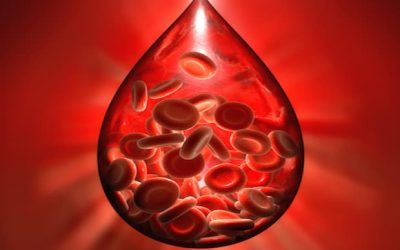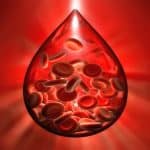The National Institute of Health and Care Excellence (NICE) has recommended two new drugs on the NHS, AbbVie’s Skyrizi (risankizumab) and AstraZeneca’s Forxiga (dapagliflozin)
The recommendations are for the indication of plaque psoriasis and type I diabetes, respectively.
Skyrizi, a humanised immunoglobulin G1 (IgG1) monoclonal antibody, will be available for adult patients in England and Wales with plaque psoriasis, who have failed conventional systemic therapies.
Forxiga is set to be available with insulin as an option for adults with type I diabetes with a body mass index (BMI) of at least 27 kg/m2, when insulin alone does not provide adequate glycaemic control despite optimal insulin therapy.
NICE warns that treatment with the latter drug should be stopped if blood glucose control does not improve because of the increased risk of diabetic ketoacidosis.
Professor Richard Warren, consultant dermatologist, Salford Royal NHS Foundation Trust, said of the Skyrizi recommendation: “NICE’s recommendation to offer routine NHS access to risankizumab gives clinicians a new treatment option in the management of severe psoriasis. The mode of action of risankizumab, which inhibits the p19 subunit of IL-23 cytokine, thought to drive psoriasis pathogenesis, addresses significant remaining unmet need and enhances our ability to achieve high levels of skin clearance for people with severe psoriasis.”
Psoriasis is a chronic skin condition that causes red, flaky, crusty patches of skin covered with silvery scales. These patches normally appear on the elbows, knees, scalp and lower back, but can appear anywhere on the body9. Psoriasis affects around 1.75% of people in the UK.
Around 8% of people with diabetes in the UK have type I diabetes. It’s a serious lifelong condition which is caused when the level of glucose (sugar) in the person’s blood is too high because their body cannot produce enough insulin.









